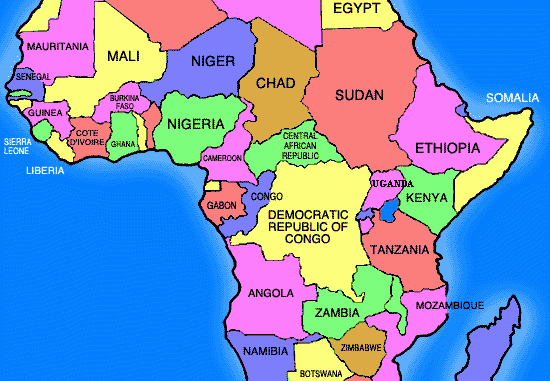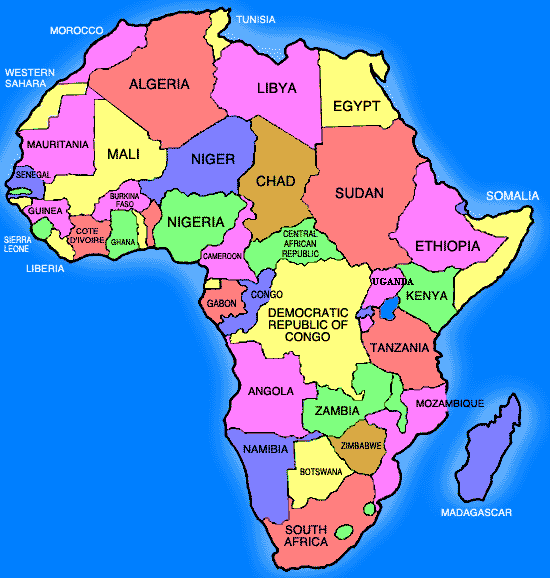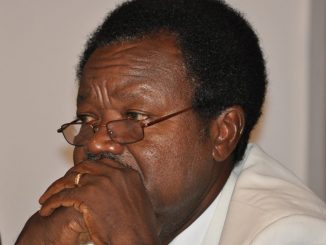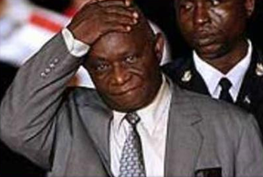
By Vincenzo Bollettino, Michael VanRooyen, Greg Ciottone :
The Ambassadors of five West African nations either directly affected by or in the path of this current Ebola outbreak assembled at Harvard University for a discussion with infectious disease and public health experts today. The group was convened by the Harvard Humanitarian Initiative and BIDMC Fellowship in Disaster Medicine to highlight some of the immediate steps needed to halt the spread of Ebola, manage existing cases, and better prepare for and mitigate against future outbreaks.
The world is experiencing the worst known outbreak of the Ebola virus since its discovery in 1976. With over 1,000 people killed in West Africa to-date, and the spread of the virus over several African countries, fears are rapidly rising that the spread of the virus is outpacing the national capacities to cope with the outbreak.
Because of the unusually high mortality rate of this virus, Ebola is prone to evoke fear and misunderstanding. In an age where widespread access to social media and international travel can simultaneously facilitate the spread of the disease and rumors about how best to treat it, it is imperative that national governments and international actors coordinate their response and their messages to the public.
In some ways, the Ebola epidemic is unique. The origins of the disease are not well known, and the spread is also not well characterized. The virus can kill up to 90% of those it infects, though the fatality rate for this particular outbreak has a roughly 50% mortality rate. This epidemic has seen an unusually large number of cases. Already, more than two times the number of people died in this outbreak as died in the worst previous outbreak in 1976. Some 1,069 deaths have been recorded by the World Health Organization out of a total of 1,975 known cases. This outbreak of Ebola has taken the lives of 81 health care workers, of the some 170 that have been infected to date. This is particularly devastating in countries with already weak public health capacity and resources, few trained medical doctors and nurses, and high burdens of other infectious diseases. To put it simply, these areas cannot afford to lose front line health care workers. Their public health infrastructure is at serious risk of collapse.
In many ways, however, the epidemic is a classic public health problem. It has occurred in areas with very little investment into healthcare infrastructure and public health services, creating a challenge for epidemic control. If Ebola spreads into urban areas where contact tracing becomes even more complex, the disease could become more widespread. With new cases being discovered in Nigeria, there are fears that huge urban areas may become hotbeds for the spread of the virus.
What’s needed now
As Ambassadors, we implore the international medical and public health community to rapidly scale up efforts to improve all aspects of this response. The following are major needs that we have identified:
1. Fund the scale up of health and public health manpower to control the epidemic, including staffing for NGOs and local hospitals.
2. Scale up the delivery of personal protective equipment and supplies to equip local hospitals to manage the huge influx of patients.
3. Take immediate efforts to support and educate front line health workers so that they can continue their heroic efforts without fear of contracting the illness.
4. Enhance point of care laboratory testing to improve rapid diagnosis and aid in differentiating between Ebola and more common illnesses like malaria and dengue.
5. Immediately invest into public health communications, messaging, social media and communication to the populations affected or at risk.
As Ambassadors, we wish to send a clear message to the United States government and the international community; Ebola is no longer an African disease. It is a global concern, and immediate investment of manpower and resources will not only save lives in Africa, but protect the lives, livelihoods and economies of the world community.
Signed:
Mr. Bockari Kortu Stevens, Ambassador of Sierra Leone to the United States
Mr. Seydou Bouda, Ambassador of Burkina Faso to the United States
Mr. Michael Moussa-Adamo, Ambassador of Gabon to the United States
Mr. Palan Mulonda, Ambassador of Zambia to the United States
Mr. SEM. Mamady Condé, Ambassador of Guinea to the United States
Mr. Jeremiah Sulunteh, Ambassador of Liberia to the United States
M. Shiekh Omar Faye, Ambassador of Gambia to the United States





Leave a Reply